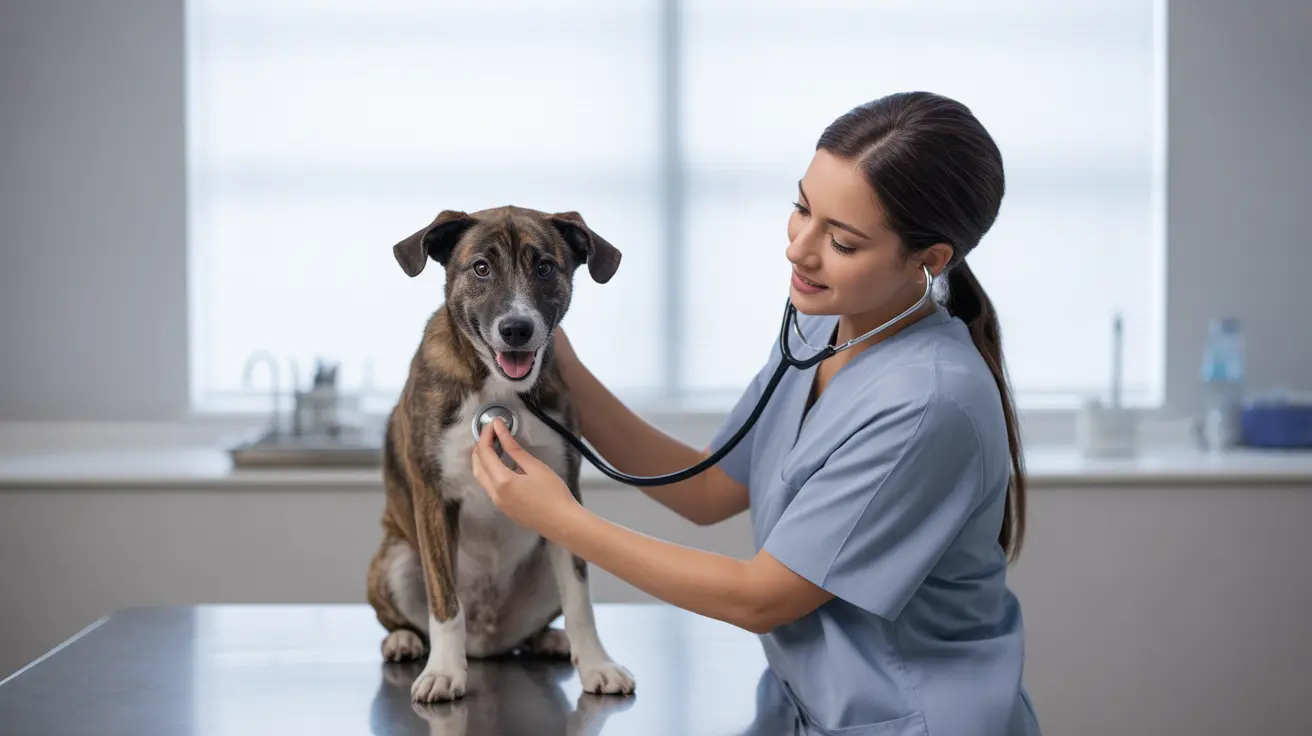Walker County, Alabama, has taken a significant step forward in protecting animals by implementing stricter oversight of animal cruelty and confinement violations. The Walker County Commission recently adopted new measures aimed at enhancing animal welfare standards and strengthening enforcement capabilities in the region.
This development marks an important milestone for pet protection in the area, demonstrating the county's commitment to ensuring proper treatment and care of animals. The new regulations focus on both animal confinement standards and cruelty prevention, providing clearer guidelines for pet owners and law enforcement.
New Animal Welfare Standards in Walker County
The Walker County Commission's decision reinforces the importance of responsible pet ownership and proper animal care. These measures establish clearer protocols for animal welfare enforcement and create a more structured approach to addressing violations.
Animal Confinement Requirements
Under the new regulations, pet owners must ensure their animals have appropriate containment that meets specific standards. This includes:
- Providing adequate shelter from weather elements
- Maintaining safe and secure confinement areas
- Ensuring proper space for movement and exercise
- Meeting basic containment requirements
Reporting and Enforcement Process
How to Report Animal Neglect
Walker County residents now have clearer channels for reporting suspected cases of animal cruelty or neglect. The Walker County Sheriff's office works in conjunction with animal control officials to investigate reports and enforce the new measures.
Legal Consequences for Violations
The strengthened regulations come with defined consequences for those who fail to comply with animal welfare standards. These measures align with existing Alabama state laws while providing more specific guidelines for local enforcement.
Adequate Shelter Requirements
One key aspect of the new measures focuses on shelter standards for pets. Pet owners must ensure their animals have:
- Protection from extreme weather conditions
- Clean and dry living spaces
- Proper ventilation
- Access to fresh water and appropriate food
Best Practices for Pet Care Compliance
To help pet owners meet these new standards, here are some general guidelines:
- Regularly inspect containment areas for safety issues
- Maintain clean living conditions for pets
- Ensure proper food and water access
- Schedule regular veterinary check-ups
- Document pet care practices
Frequently Asked Questions
What are the new animal cruelty and confinement rules in Walker County?
The new measures establish stricter oversight of animal confinement conditions and strengthen enforcement capabilities against cruelty violations. They focus on adequate shelter requirements, proper containment standards, and clear reporting procedures for violations.
How can residents report suspected animal cruelty?
Walker County residents can report suspected animal cruelty or neglect through the Walker County Sheriff's office and local animal control authorities. These agencies work together to investigate reports and enforce the new regulations.
What shelter standards must pet owners meet?
Pet owners must provide adequate shelter that protects animals from extreme weather, ensures proper ventilation, and maintains clean, dry living conditions. The shelter must be appropriate for the animal's size and species, with access to fresh water and proper nutrition.
The implementation of these new measures represents Walker County's dedication to improving animal welfare standards and ensuring better protection for pets in the community. By establishing clearer guidelines and enforcement procedures, the county aims to create a safer, more humane environment for all animals under its jurisdiction.
Pet owners are encouraged to familiarize themselves with these new requirements and take necessary steps to ensure their animal care practices meet or exceed the established standards. This proactive approach helps create a more compassionate community while avoiding potential violations of the new regulations.






